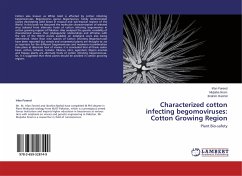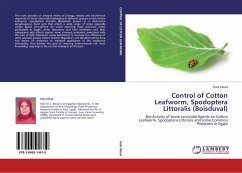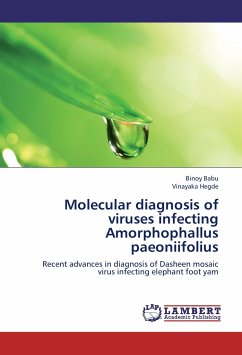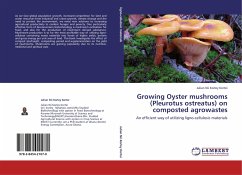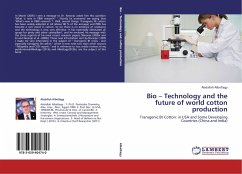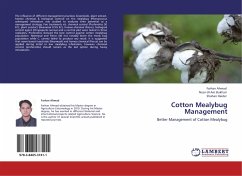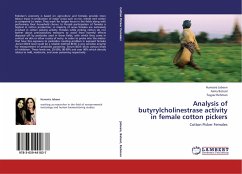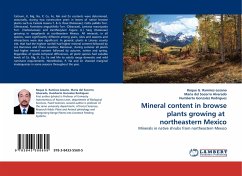Cotton also known as White Gold is affected by cotton infecting begomoviruses. Begomovirus (genus Begomovirus; family Geminiviridae) causes devastating yield losses in tropical and sub-tropical regions of the World. In this book we discussed the molecular characterization of selected virus isolated from alternate hosts of cotton infecting begomovirus in cotton growing regions of Pakistan. Also analyzed the genetic variability of characterized viruses, their phylogenetic relationships and affinities with the rest of the World viruses available on databank were also being determined. More than nine species of Cotton infecting Begomoviruses have been reported but weeds and ornamental plants are thought to act as reservoirs for the different begomoviruses and maximum recombination take place at alternate host of viruses. It is concluded that all these castor bean, cotton, tobacco, tomato, hibiscus, okra, ageratum, Digera arvensis and Papaya plants are alternate hosts of cotton infecting begomoviruse. So, it is suggested that these plants should be avoided in cotton growing regions.

